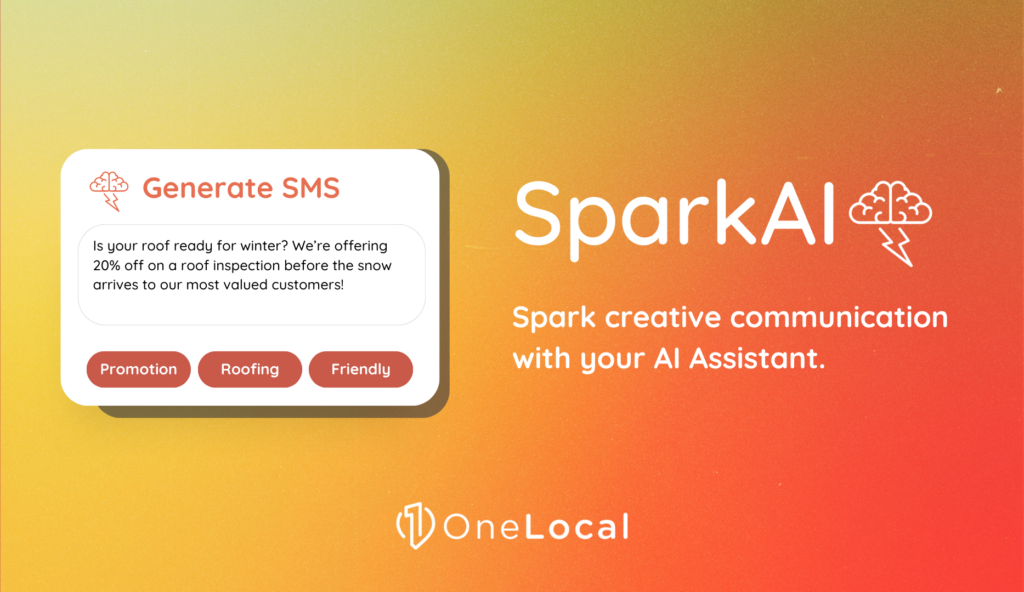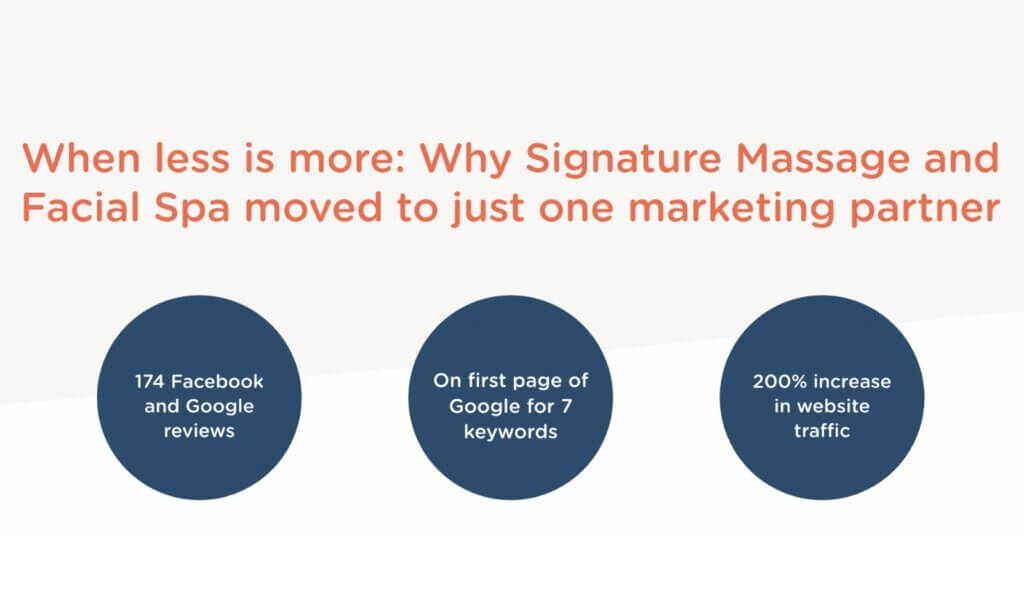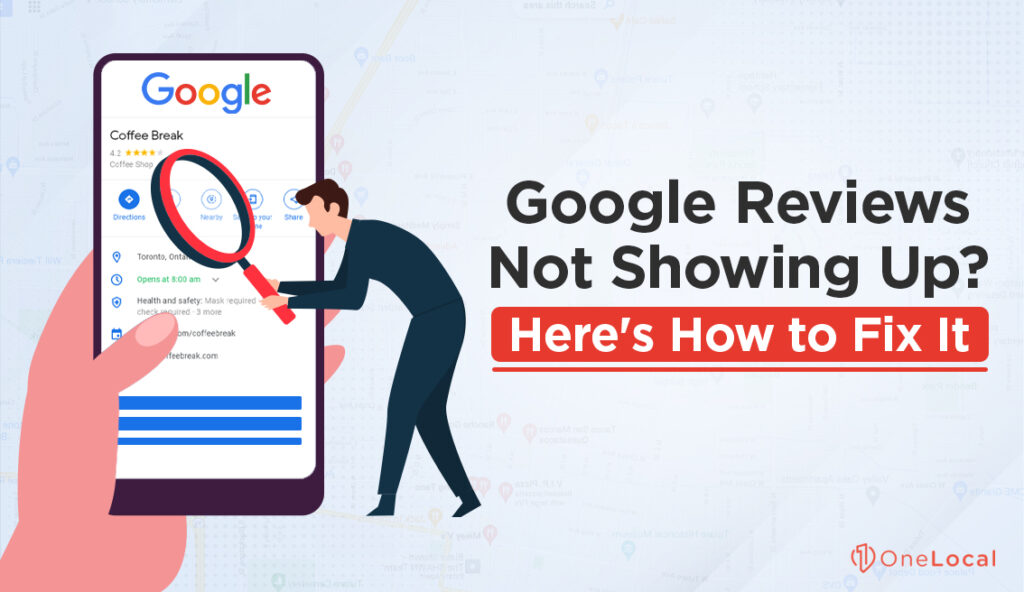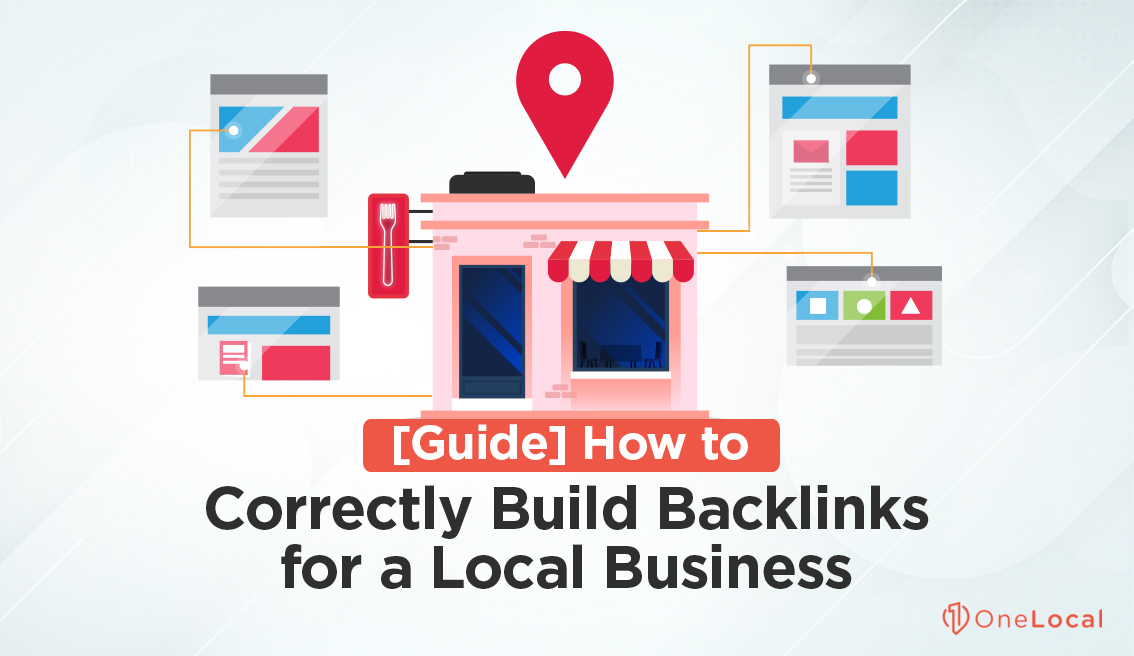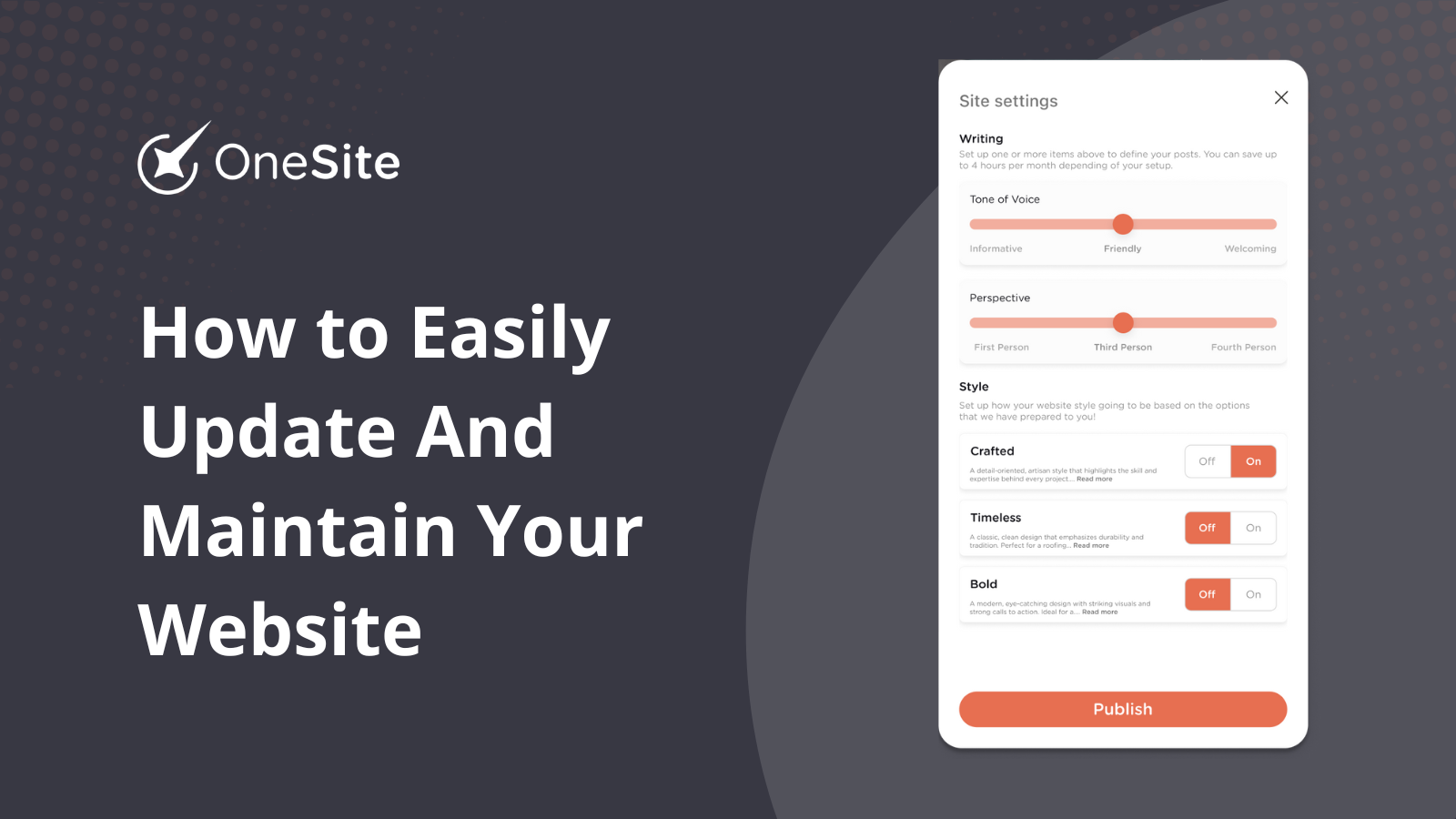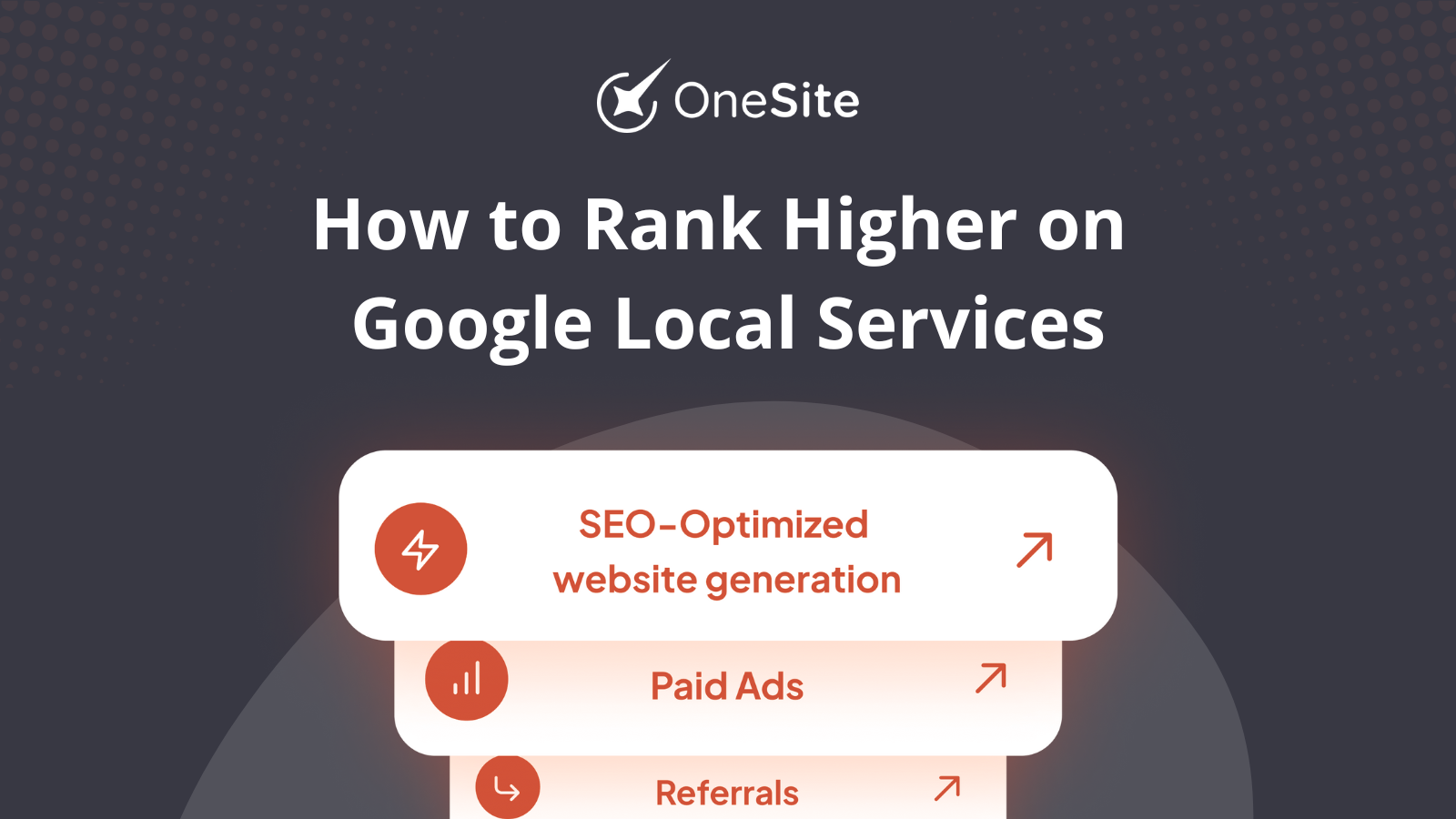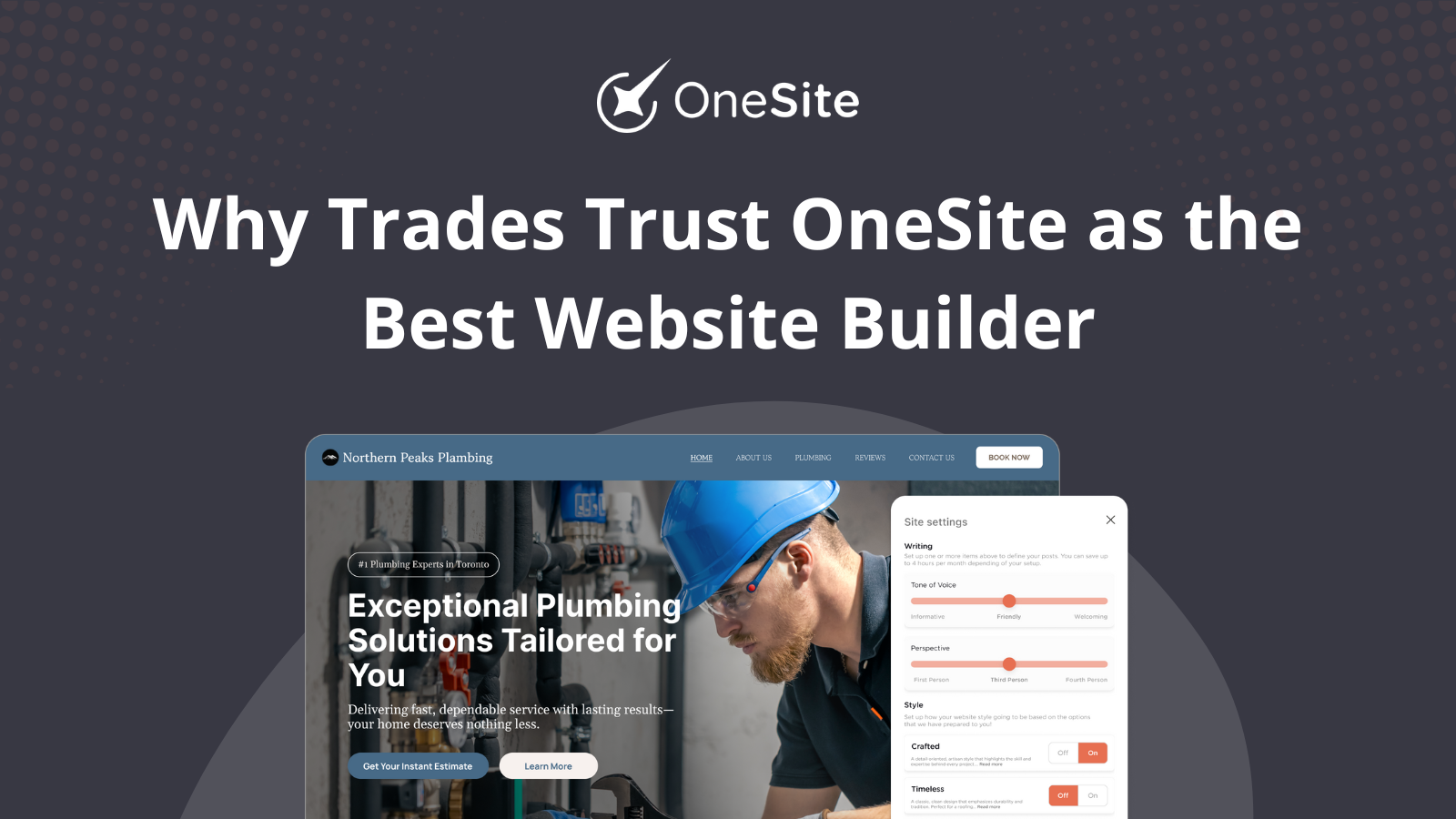In many ways, the biggest corporations dominate the world of business when they build backlinks.
A small media company can struggle in a world where Disney can throw a fraction of a decimal point of their advertising budget in your direction and obliterate you. A small apparel company faces the same challenge with significant entities like Nike. How is a small, local business able to compete?
Local businesses have a few advantages when they build backlinks, or at least kinds of leverage they can use to get a foothold.
The most significant advantage is, actually, built into Google. Google understands the power major corporations have to squash competition, so they’ve taken great pains to tune their algorithm to give small and local businesses a fighting chance.
Your local business might not compete on a national stage, but it doesn’t need to. All it needs to do is reach the people nearby. Google understands this and uses geolocation via IP address and locational query keywords to tune search results to give local businesses a fighting chance.
Of course, to take advantage of this leverage, you need to invest in SEO and know how to build backlinks for local business.
The core of SEO is the humble link. Links make the internet go-’round; they’re the strands of the “world wide web,” after all. Building more links pointing at your site – backlinks, in SEO parlance – is the core of your SEO and online marketing. The question is, how can you do it?
Understand What Makes a Link Worthwhile When You Build Backlinks
Links are links, right? Wrong.
Not all links are created equal. If they were, you could just set up a bot to spam thousands of links on websites and in comment sections and boost your site to #1 in a day.
A considerable part of what Google’s algorithm does is analyze and grade backlinks in relation to the sites giving and receiving the links. There are a handful of factors that make a link better or worse when you build backlinks.
The quality of the linking site. A link from some no-name personal blog you’ve never heard of is way less valuable than a link from a local newspaper, a major media outlet like Forbes, or an industry authority. A link from a spam site is valueless or, in rare cases, negative value. In general, the better the originating site, the more valuable the link will be to your business.
The relevance of the content. If a plumber links to your shoe business, there’s a pretty low chance that they’ll be doing so because it’s relevant. Maybe if you’re selling waterproof work boots, the plumber has a good reason to mention you. Otherwise? Probably not. A blog that reviews shoes, on the other hand, is a more relevant and valuable link.
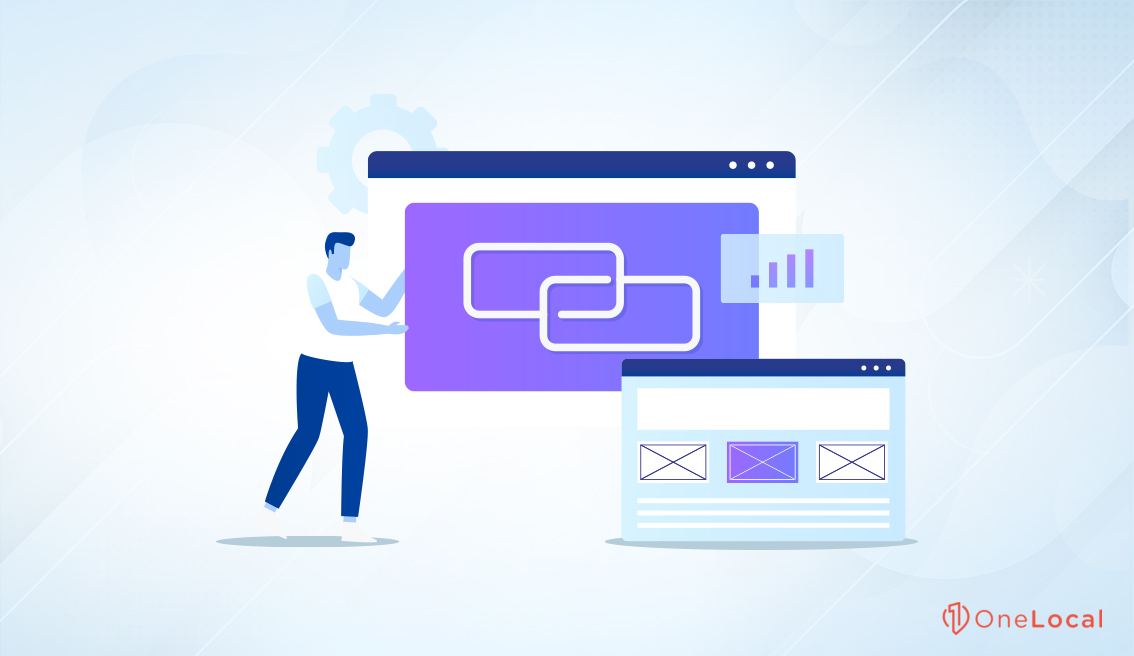
The placement of the link on the site. Where the link appears is almost as important as what site it appears on. Links in comments sections or other “user-generated content” are mostly valueless. Links in footers, headers, and sidebars tend to be low in value because they get put on every page on a site. Links in the editorial content of a blog post are much more valuable and sought-after when you build backlinks.
The context of the link. Similar to the content relevance, the context can be important too. Critically, a link from a local newspaper will be more valuable for a local business than a larger or non-local business.
All of this helps you understand what we mean when we say:
“Build backlinks from relevant publications, in editorial content.”
There are other ways to build backlinks, but these are the ones that will have the most significant impact for the lowest amount of effort, at least when you’re getting started with link building.
A Backlink is Not a Citation
Before we get into specific strategies you can use to build backlinks, we figured we’d mention one other thing. In local business, citations and backlinks are both important. They’re similar in that they both come from other sites.
However, a link is specifically a piece of HTML code pointing at your website. It doesn’t need to mention your business by name or any other information about you. A citation, meanwhile, is a mention – with or without a link – of your business, usually with name, address, and phone number included.
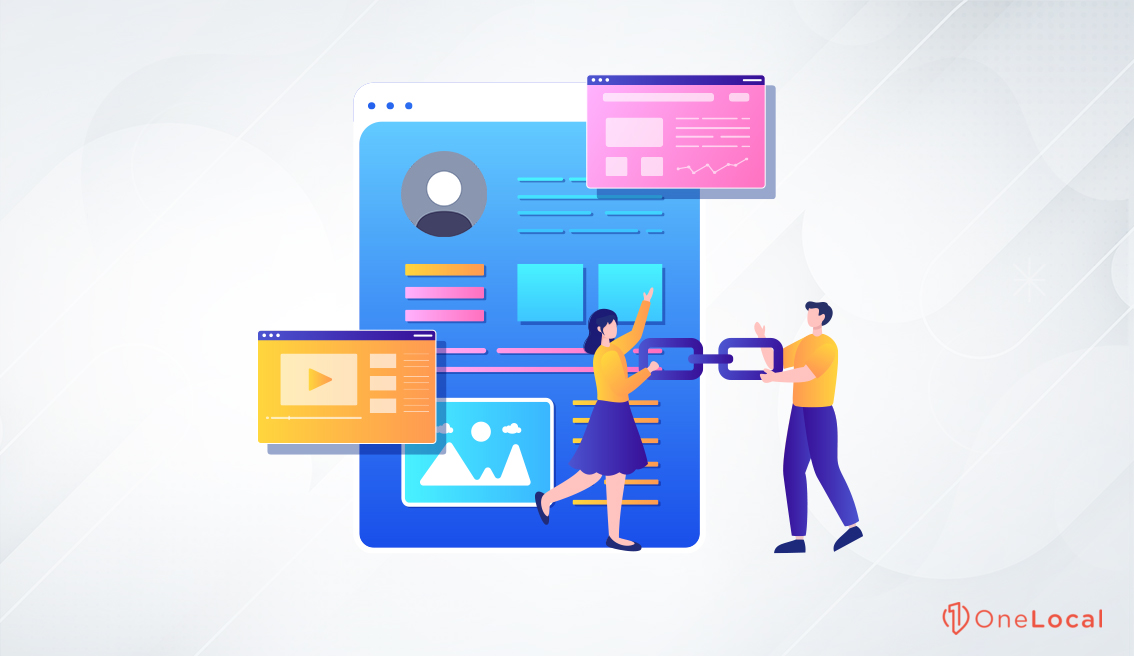
Both of these are important and useful to your business and can be built in similar ways. However, they serve slightly different purposes and have different considerations. We’ll cover citations another time; we’re focused on backlinks for now.
Top Tips to Build Backlinks for Local Business
Link building is a complex field, and marketers can spend their entire careers learning how to do it right. We’re not going to get into the deepest details today. Instead, we’re giving you a solid place to start and an idea of what you’re looking at if you want to do it all yourself. Here are techniques you will likely be using.
1. Build a Social Media Presence
When you create a profile on a site like Facebook or Twitter, you can fill out relevant information. Part of that information is your website link. While this is a backlink, these are also considered user-generated content, so they aren’t all that valuable on their own.

More importantly, a social media presence helps build awareness of your business and builds legitimacy for your brand. Some portion of the people who encounter you on social media will be editors, content creators, or site owners for local sites and may be able to use that awareness to link to you. You can also use social media as a channel for networking, assisting in other strategies we’ll mention.
2. Outreach to Local Publications
For a local business, some of the most effective backlinks you can get won’t come from industry or national publications. Instead, they’ll come from local publications. A local newspaper, magazine, or business directory can all be excellent targets for outreach.
To find these groups, you can use Google and search for phrases such as:
- Business spotlight
- Business feature
- Local highlights
All with your location as a keyword, of course.
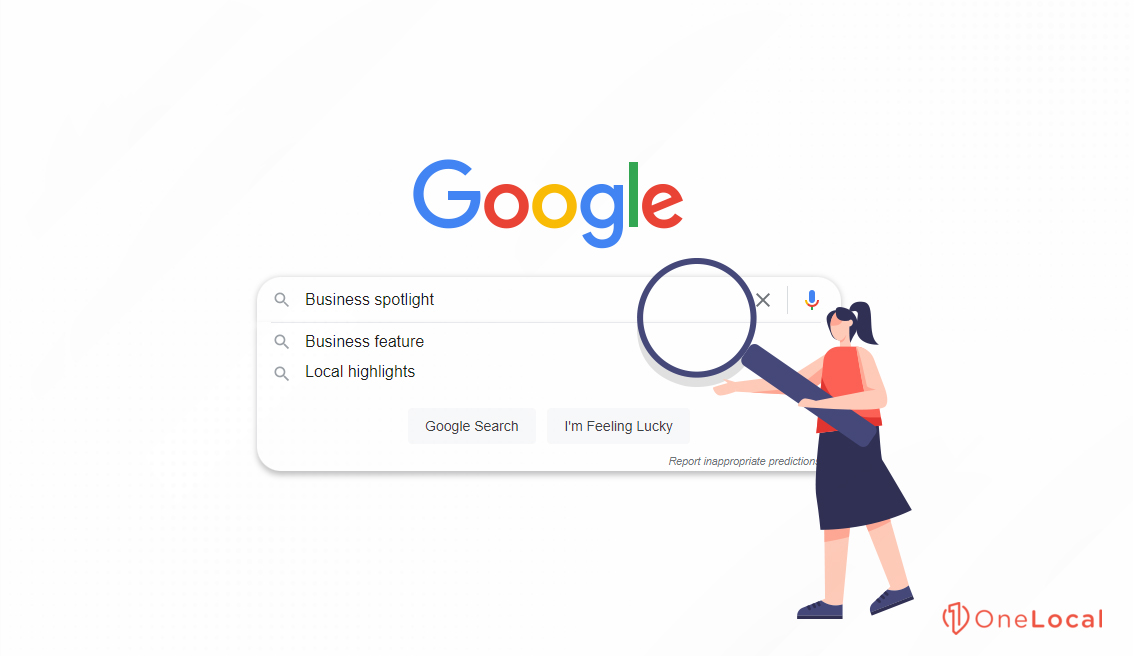
Once you’ve located such publications – and you may know some from living in your area – you can start to perform outreach.
The outreach process begins by identifying the people in charge, like the managing editor or section editor responsible for local business content. You can also research the publication and see if they have a specific contact form or method for reaching out to have your business featured.
If they have a process, follow it. If not, reach out to contact the editor, writer, or owner of the publication and offer yourself for consideration as a feature. You can briefly discuss how you promote local communities, support the town, and what you contribute – whatever is relevant to making them choose to feature you. The more personalized and targeted you can make this, the better. A press release can work, but a custom email directly to an editor is often better.
3. Local Community Engagement
Nearly every location has local communities. They might be Facebook Groups, a subreddit, a Nextdoor page, or a community web forum. Whatever form they take, these communities can be excellent places to join and participate in.
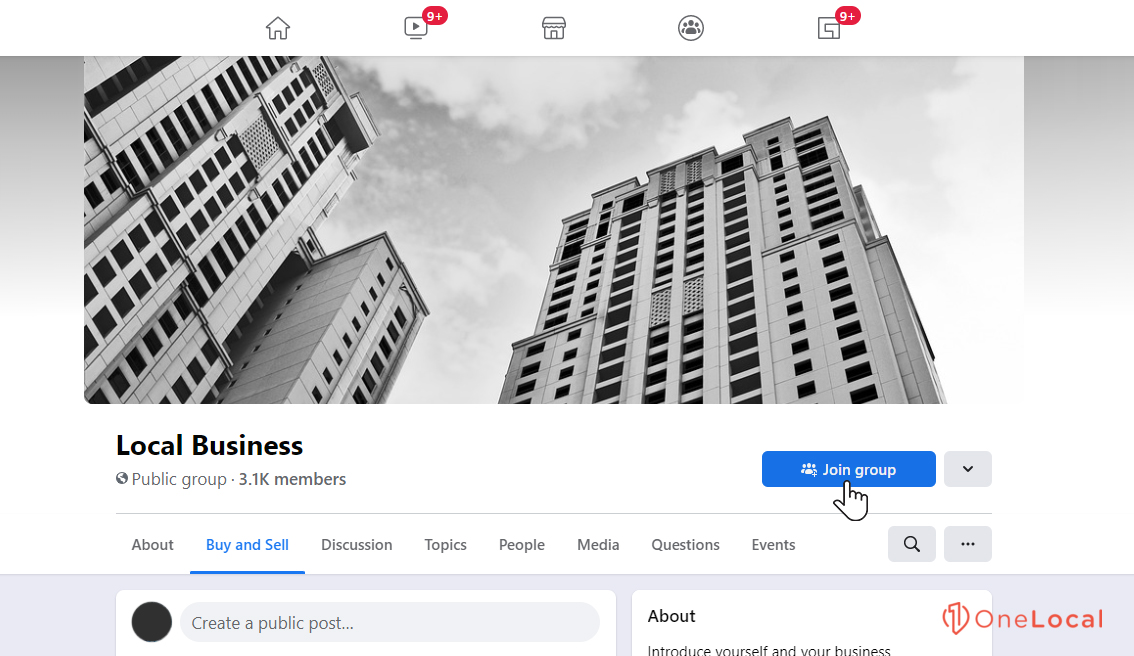
The key is to recognize that these groups are not meant for marketing purposes most of the time. They’re meant to be community and social resources. Your participation is not meant to earn you backlinks but rather the goodwill and appreciation of the community. Eventually, your efforts in engaging with and supporting the community will be recognized, often in increasingly relevant publications, often with backlinks attached.
4. Consider Directory Submission
Thousands of websites act as directories of businesses and content. Some of them are general and cover every topic across the country. Others are highly niche, focusing on a specific industry, business type, or geographic region. Some are free, while others want money to submit.
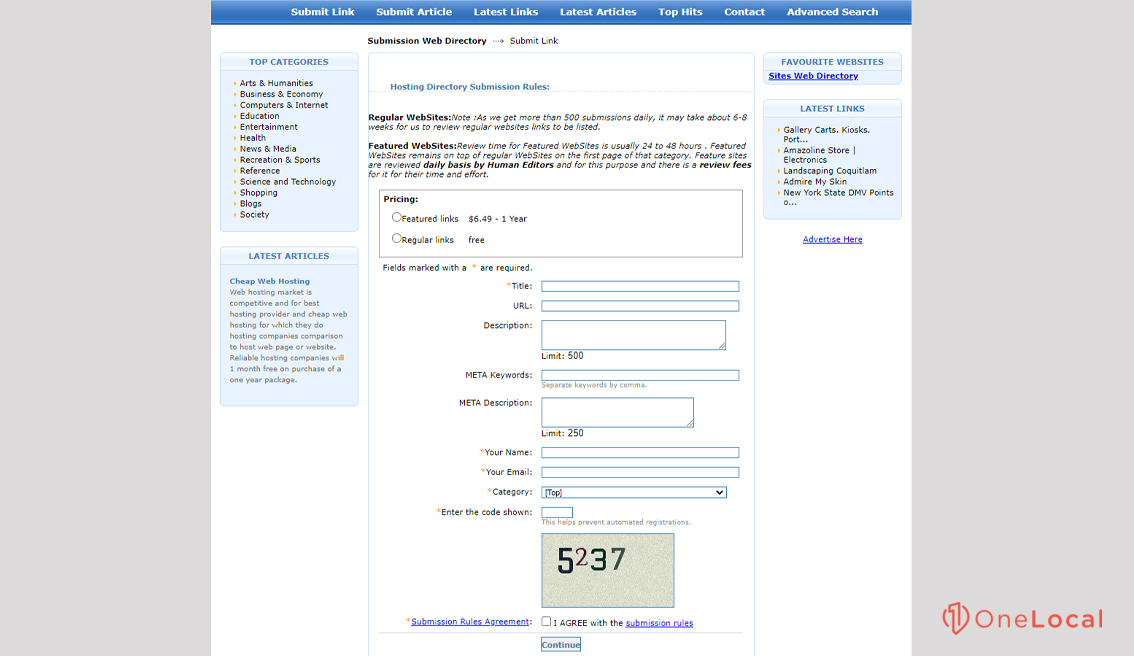
Directory submission can be a great way to get backlinks and citations, but the links you receive are often of low value. That is because it’s a combination of low-quality links (since directories are easy to use and exploit) and user-generated content. Still, submitting to them generally won’t hurt as long as they aren’t riddled with spam, and they can expose you to an audience of people who might not otherwise have found you.
5. Seek Sponsorship Opportunities
As a local business, you have the opportunity to promote yourself by donating money, services, time, or other forms of support to local organizations. Sponsor a local sports team, contribute funds to a renovation project, help host an event; there are many avenues to sponsoring local initiatives. Usually, the only thing you get out of these sponsorships is a bit of advertising, but that’s all you need. A link from the sponsors section of a project website or local news coverage talking about the sponsorship you do for the community, can be good backlinks.
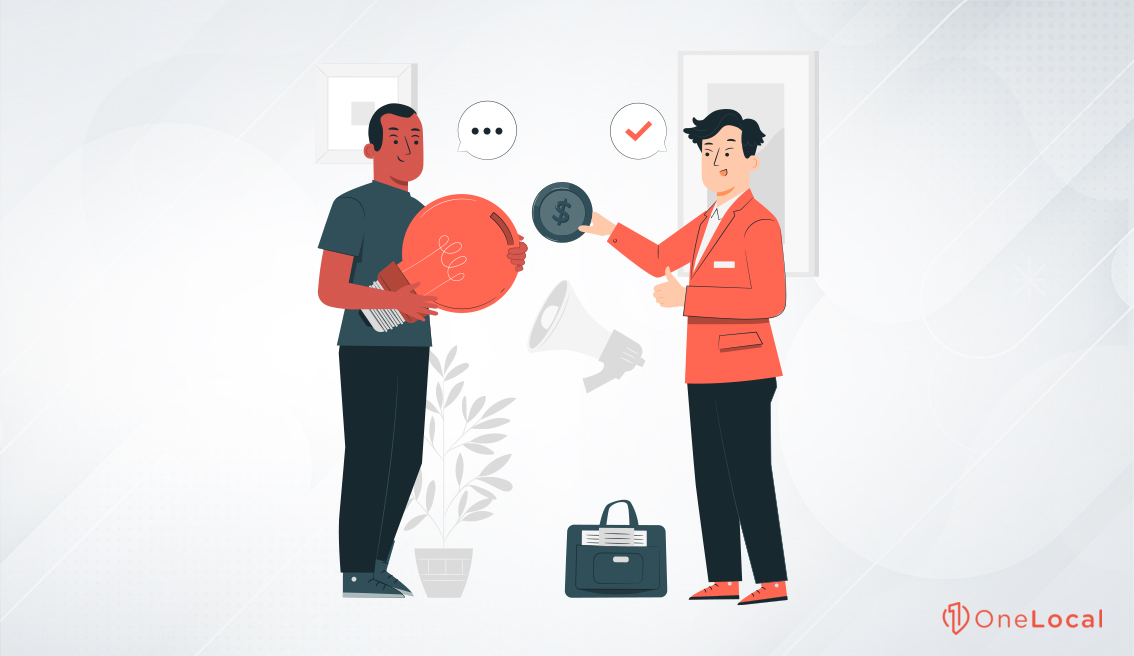
You can also partner up with other local businesses for mutual benefit. Joining a “local business alliance” can help promote all of the businesses within it, yours included, in a similar way.
6. Seek Out Unlinked Mentions and Citations
Above, we mentioned that citations don’t necessarily need to have a URL or link to you at all. Often, people will write about your business and may include a citation, but don’t link to your website. You can find these by searching for your citation or your brand name and looking for pages that don’t already link to you.

Once you find an instance of a citation or mention of your business that doesn’t have a link attached, it’s a simple matter to send a contact message to the site owner and ask them if they’d be willing to add a link. Often, they will refuse or will ignore your message. However, any link added at your request is beneficial, and you lose nothing in trying.
7. Guest Posting
Guest posting is the process of identifying blogs that are related to your niche or industry and approaching them to create content for them. This works at lower and local levels, all the way up to major national and international publications. Now, your small business likely won’t be able to guest post on a site like Forbes right away, but it’s something you can work up to.
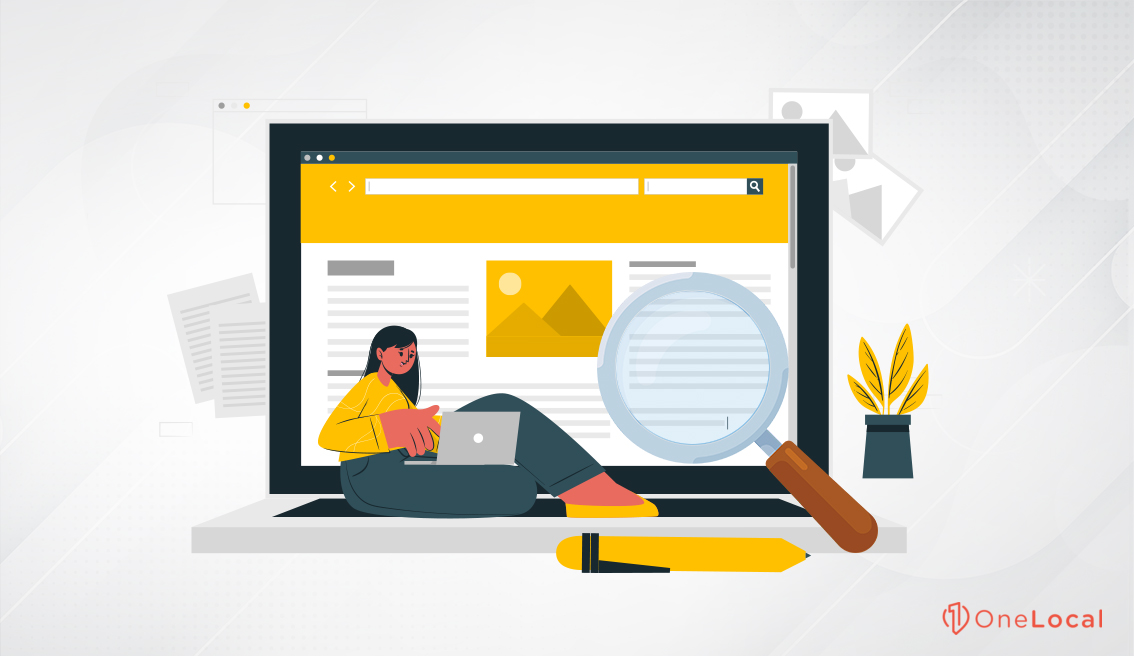
It’s a complex process, so here’s a brief outline:
- Identify blogs relevant to your topic with potential value for your site. Avoid sites that aren’t indexed in Google, receive no traffic, or are so much more prominent in scope, that they’re unlikely to give you the time of day.
- Develop a pitch for a topic you can write about with authority. Often, this means something directly related to your business, potentially even a case study related to a business process you use.
- Pitch the idea to the publication. Some will have a specific process, while others expect you to email an editor. Follow a process if one exists.
- If they accept, create a high-quality piece of content and submit it.
Ideally, this process can earn you a single high-quality editorial backlink. Then, repeat the process dozens or hundreds of times over.
Saving the Effort
Backlinks are essential to ranking on Google’s search results, but that doesn’t mean you need to build them. Your site needs to build them, but you can save yourself time and energy. Instead of spending months learning how to build backlinks, what pitfalls to avoid, and how to go about outreach properly, why not hire someone to do it all for you?
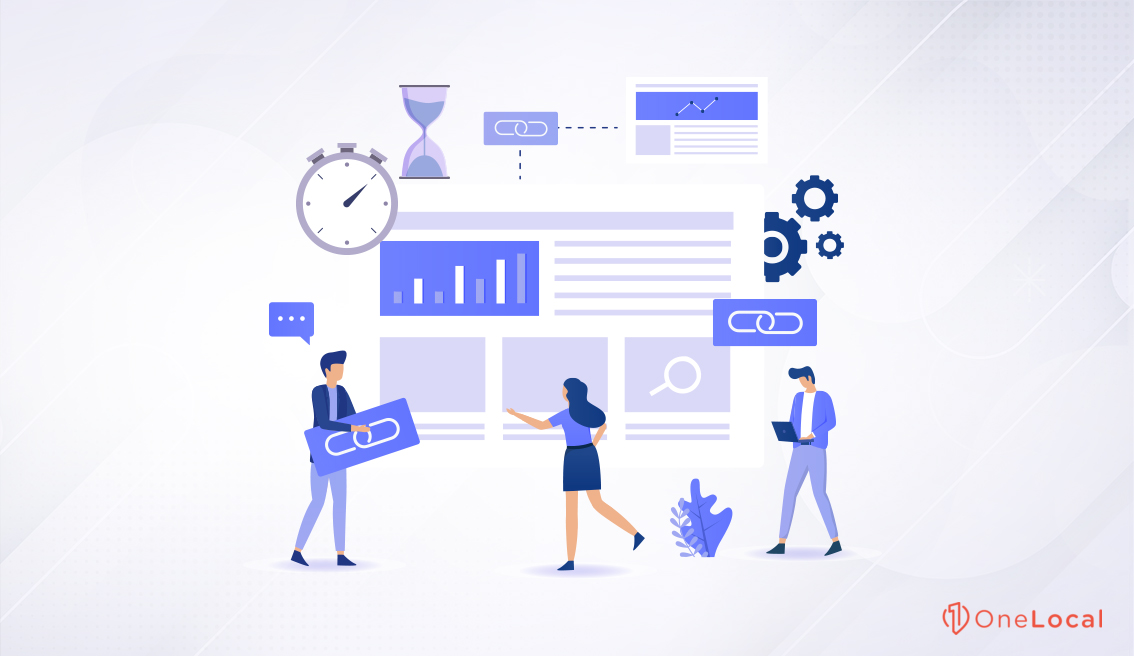
Our LocalSEO service is just what you need. We offer local-first SEO services to build your site’s relevance and search value organically, without resorting to spam techniques or short-term paid results. If you want high-value, well-ranking backlinks, we know how to get them. All you need to do is drop us a line.
Do you have any questions about building backlinks for your local business? If so, please do not hesitate to reach out and contact us at any time! We would be more than happy to assist you in understanding the backlink building process better however we possibly can!

Rachel Solway is a seasoned marketing professional dedicated to empowering small businesses through innovative marketing strategies. With extensive experience at OneLocal, a leading marketing solutions provider, Rachel’s insights are helping thousands of local businesses navigate the digital landscape.

